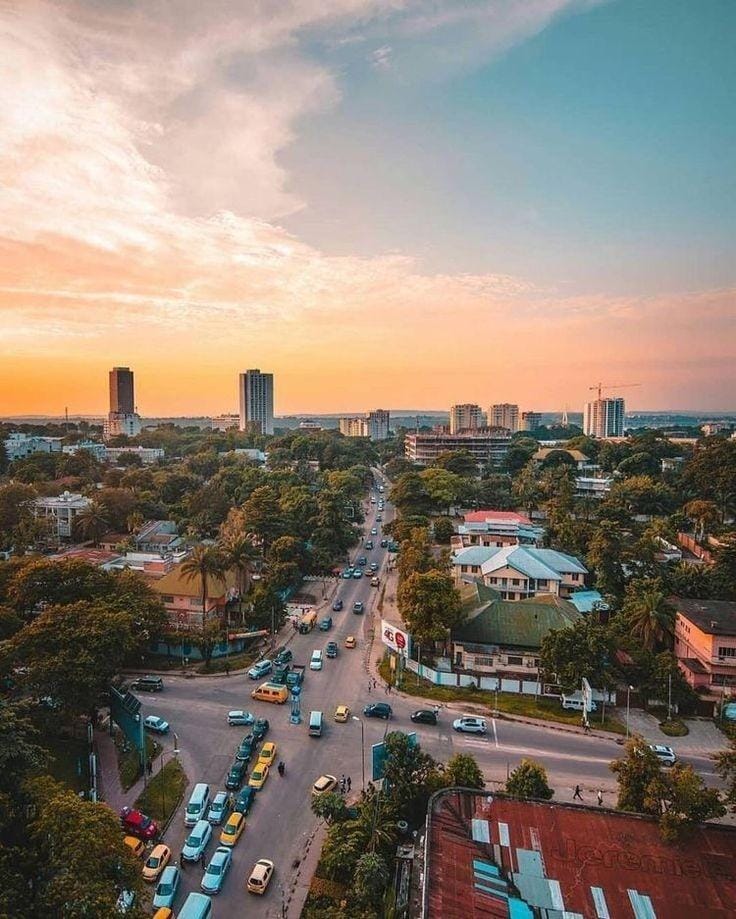In Summary
- The Environmental Performance Index (EPI) evaluates nations based on metrics like air quality, waste management, and renewable energy use.
- African countries are leading with innovative solutions like turning waste into energy and banning single-use plastics.
- Grassroots initiatives, like community cleanups and “Green Ambassadors,” showcase collective efforts toward urban sustainability.
How often do you think about the air you breathe, the streets you walk on, or the water you drink? For many Africans, these questions are becoming increasingly important as urbanization continues to accelerate across the continent. But amidst the challenges, some nations are setting extraordinary examples of cleanliness and environmental sustainability. These are not just about aesthetics; they’re about preserving life and fostering healthier urban living.
In this article, we’ll explore the top 10 cleanest African countries in 2025, based on their innovative solutions and commitment to the environment. High-tech waste management systems and transformative recycling policies, these countries are proving that a cleaner Africa is within reach.
10. Algeria
Algeria has an EPI score of 44.8, ranking 94th globally. The country has made remarkable strides in improving air quality through its electric public transit network, which has reduced PM2.5 levels by 38%. Additionally, Algiers leads in recycling construction waste, processing 850,000 tonnes annually into reusable building materials. These efforts showcase Algeria’s commitment to reducing urban pollution and promoting sustainable infrastructure.
9. Democratic Republic of Congo
With an EPI score of 44.9 and a global ranking of 93, the Democratic Republic of Congo (DRC) has invested in environmental restoration through its “Green City Wall” initiative, which has resulted in the planting of 1.2 million trees in urban areas. Furthermore, the DRC’s revised mining code now mandates a 5% environmental levy on extractive industries, ensuring that natural resource exploitation does not come at the cost of the environment.
8. Morocco
Morocco boasts an EPI score of 44.9, placing 92nd globally. The country’s environmental efforts include a $300 million wastewater treatment plant in Casablanca, serving 5 million residents and providing clean water. Additionally, the “Zero Mika” program has successfully eliminated 3.2 billion plastic bags annually through strict bans on manufacturing and usage. Morocco’s large-scale infrastructure projects and commitment to reducing plastic pollution make it a regional leader in environmental sustainability.
7. Tunisia
Tunisia, with an EPI score of 45.7 and a global ranking of 88, is making significant progress in urban cleanliness through innovative technology. Tunis employs an RFID-tagged waste tracking system, achieving a 94% collection rate. The Green Medina Project revitalizes historic urban centers using traditional water conservation techniques, reflecting a blend of cultural preservation and modern environmental practices.
6. Zambia
Zambia has an EPI score of 46.1, ranking 85th globally. Lusaka, the nation’s capital, uses aerial drones for waste surveillance, which has reduced illegal dumping by 73%. Additionally, the country employs 15,000 “Green Ambassadors” who lead neighborhood cleanups and promote environmental awareness. These grassroots efforts and technological innovations highlight Zambia’s holistic approach to maintaining urban cleanliness.
5. Mauritius
Mauritius, with an EPI score of 47.3, is ranked 78th globally. The country is a pioneer in renewable energy, operating Africa’s first waste-to-energy plant in Port Louis, which converts 1,200 tonnes of waste daily into 35 MW of electricity. Under the Eco-Island Initiative, all new buildings are mandated to have green roofs, showcasing Mauritius’s commitment to sustainable urban development.
4. Seychelles
Seychelles has an EPI score of 48.2, ranking 70th globally. The capital city, Victoria, combats marine pollution with interceptors that collect 12 tonnes of ocean plastic monthly. The nation’s Circular Economy Act has facilitated the recycling of 83% of construction debris, reducing landfill waste and conserving resources. Seychelles demonstrates how island nations can lead in environmental innovation.
3. Botswana
Botswana, with an EPI score of 49.0 and a global ranking of 66, is making impressive strides in waste management. Gaborone’s Smart City Waste Network uses AI technology to guide waste collection trucks, achieving a 92% efficiency rate. The implementation of a plastic tax has further reduced single-use plastics by 67% since 2022. Botswana’s efforts highlight the importance of leveraging technology and policy to achieve environmental goals.
2. Zimbabwe
Zimbabwe has an EPI score of 51.7, placing 55th globally. The country’s “Clean City” program in Harare has reduced landfill waste by 40% through mandatory recycling ordinances. Additionally, Zimbabwe’s National Cleanliness Strategy enforces strict fines for littering, ensuring that urban areas maintain a high standard of cleanliness. These initiatives demonstrate the country’s commitment to fostering a cleaner and more sustainable future.
1. Gabon
Gabon leads Africa with an EPI score of 53.1, ranking 45th globally. The nation protects 88% of its forest cover and implements a zero-waste urban strategy in Libreville. Gabon’s environmental code mandates 25% renewable energy integration by 2030, and its capital city operates Africa’s first city-wide pneumatic waste collection system. These efforts make Gabon a shining example of environmental leadership on the continent.
https://www.africanexponent.com/top-10-african-countries-setting-standards-for-clean-cities-in-2025/


